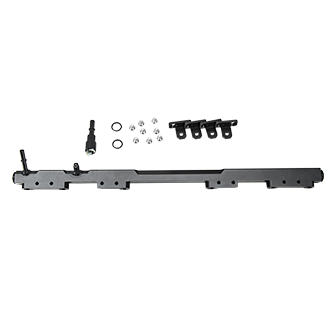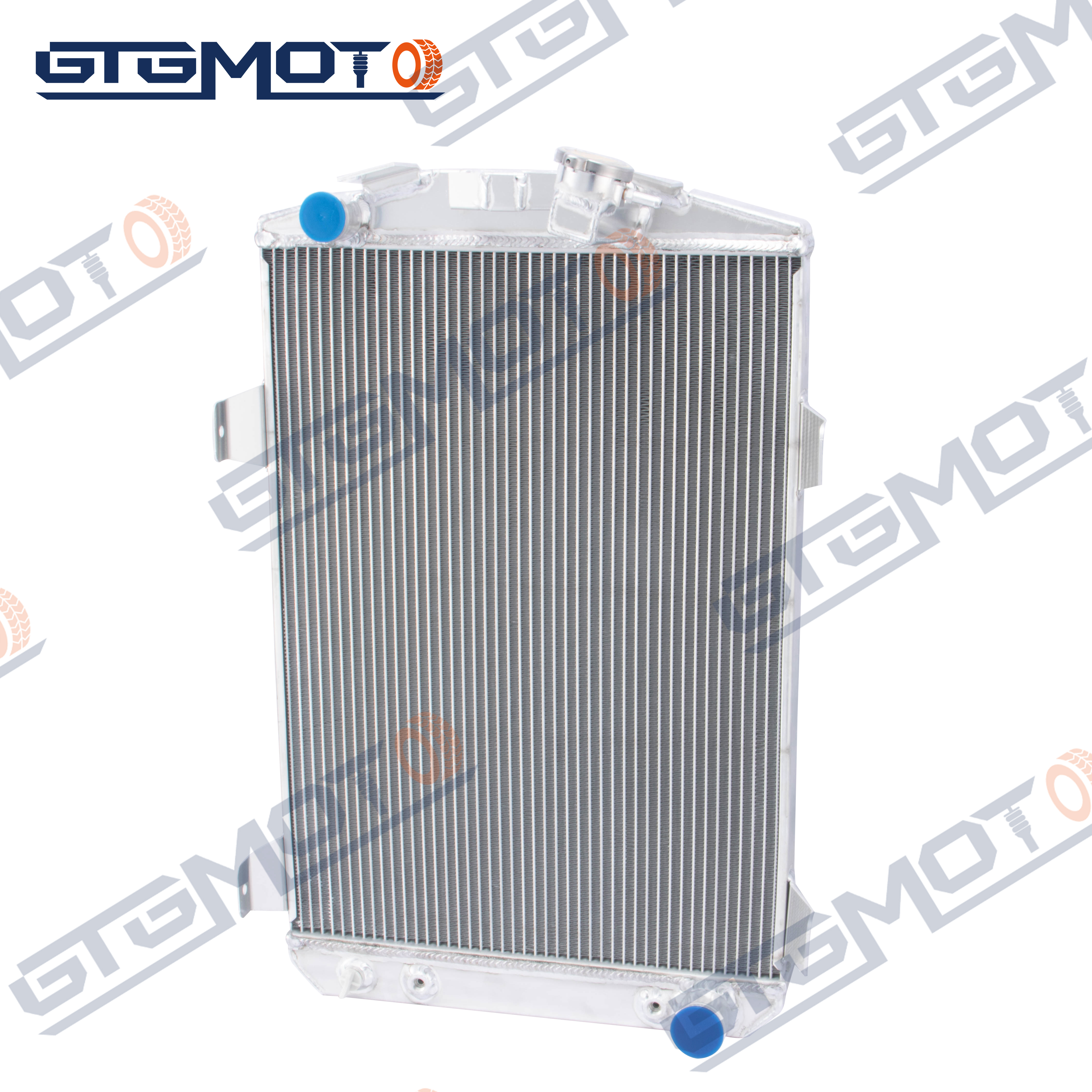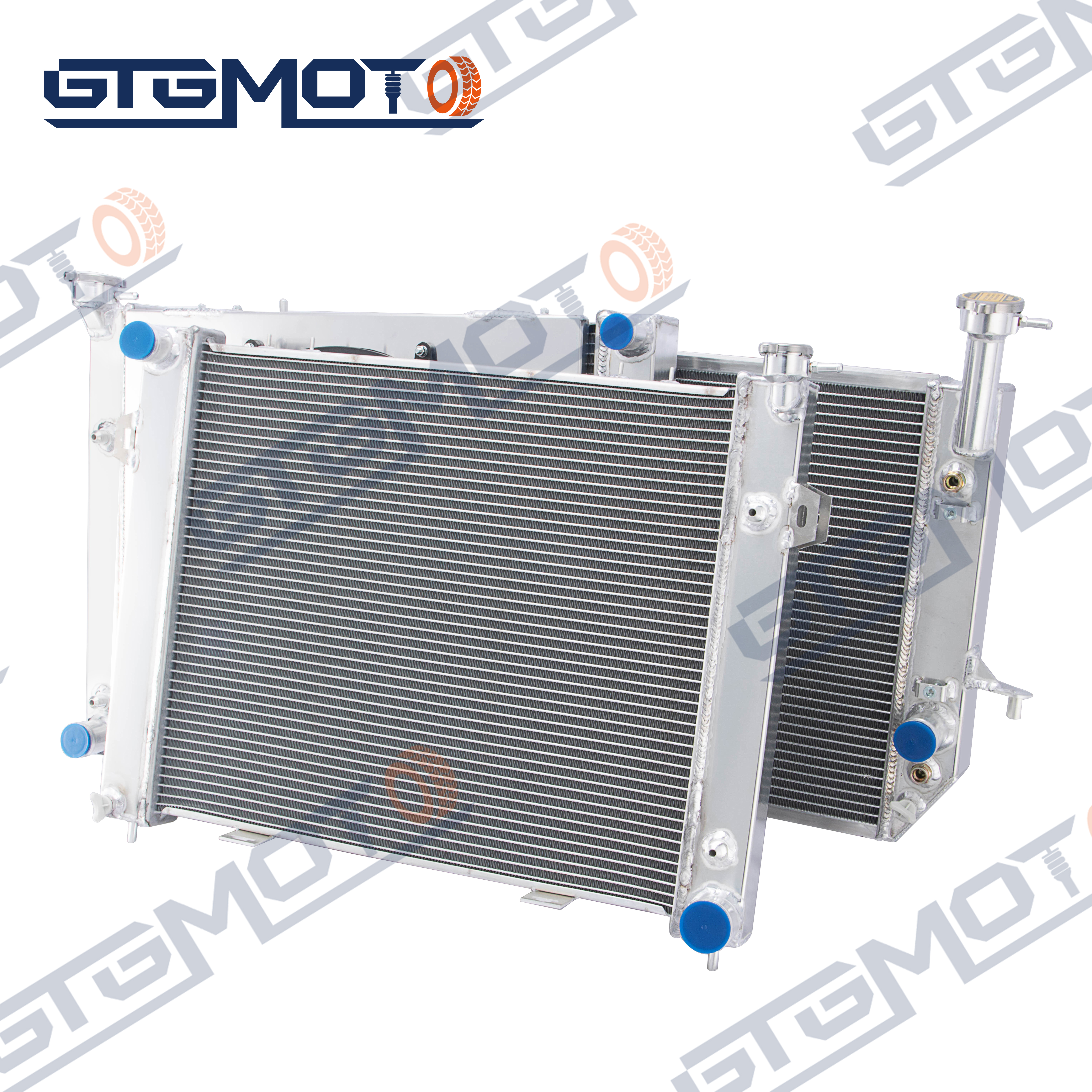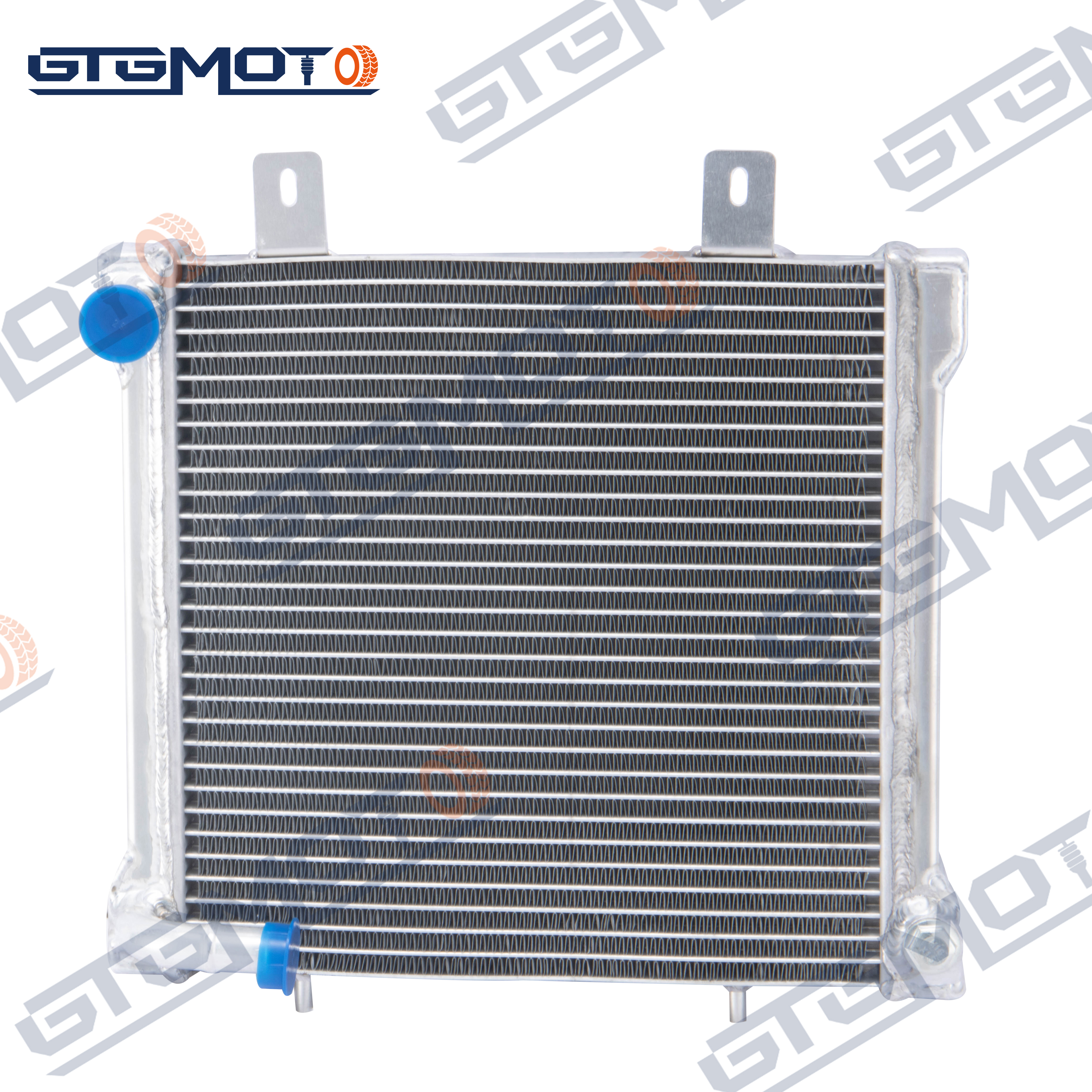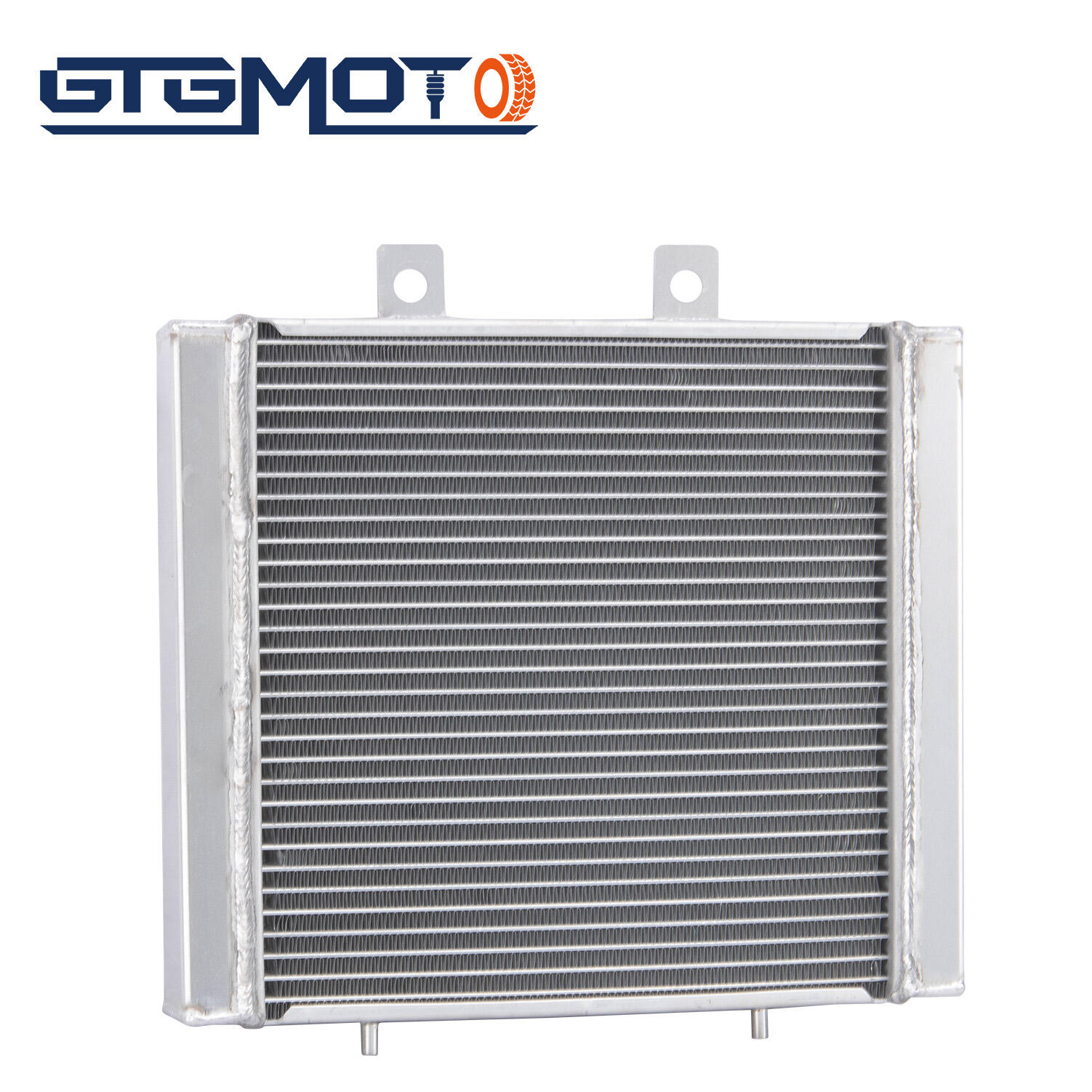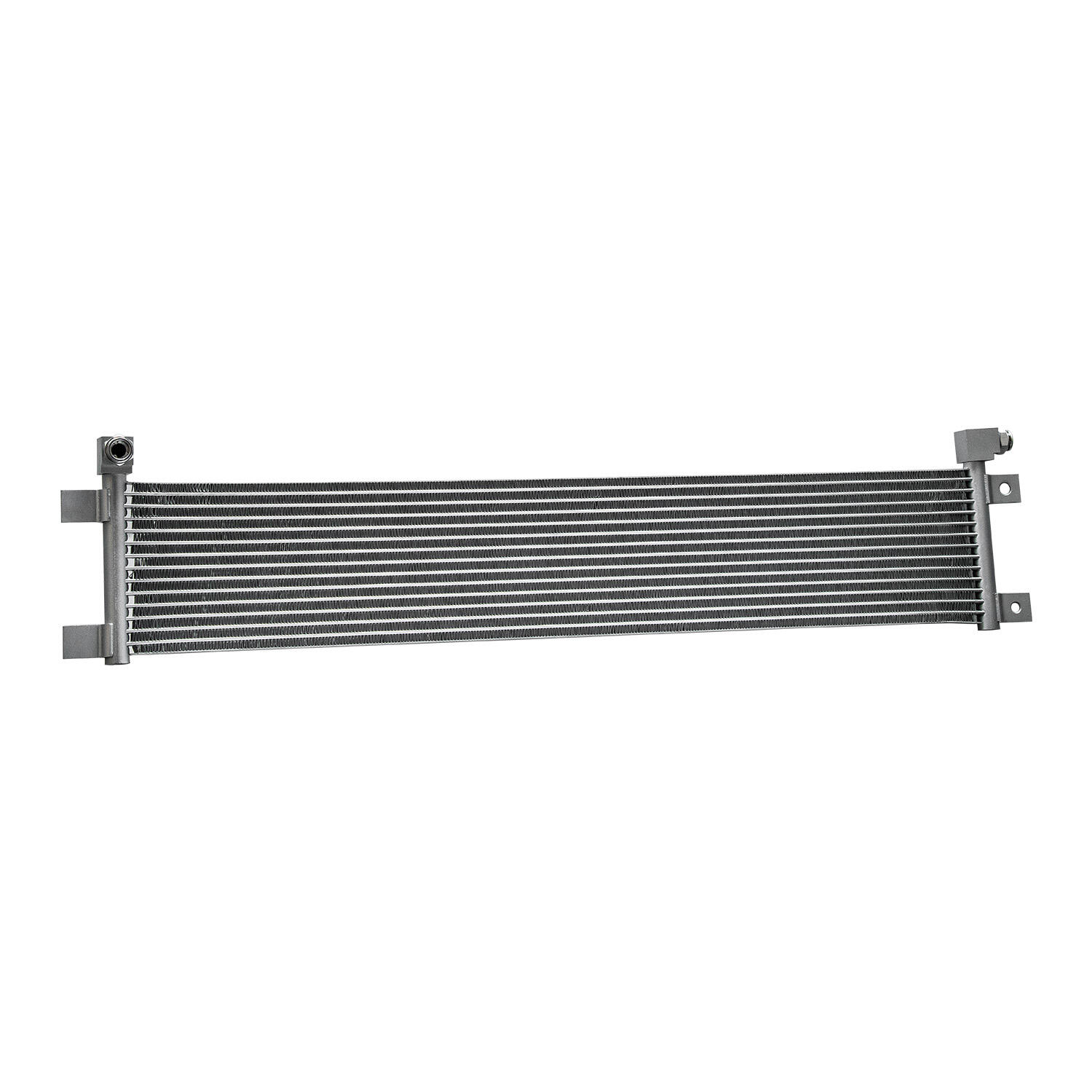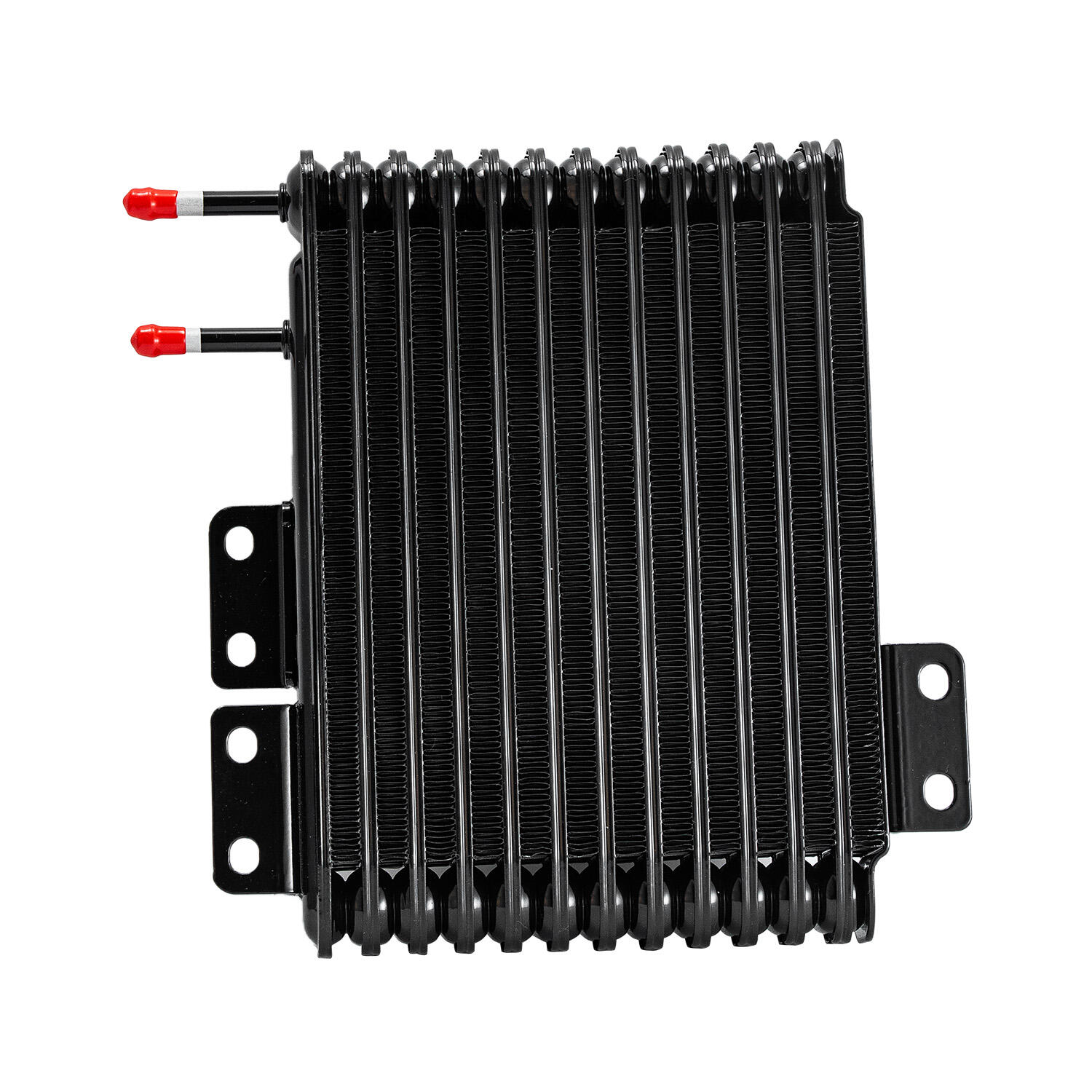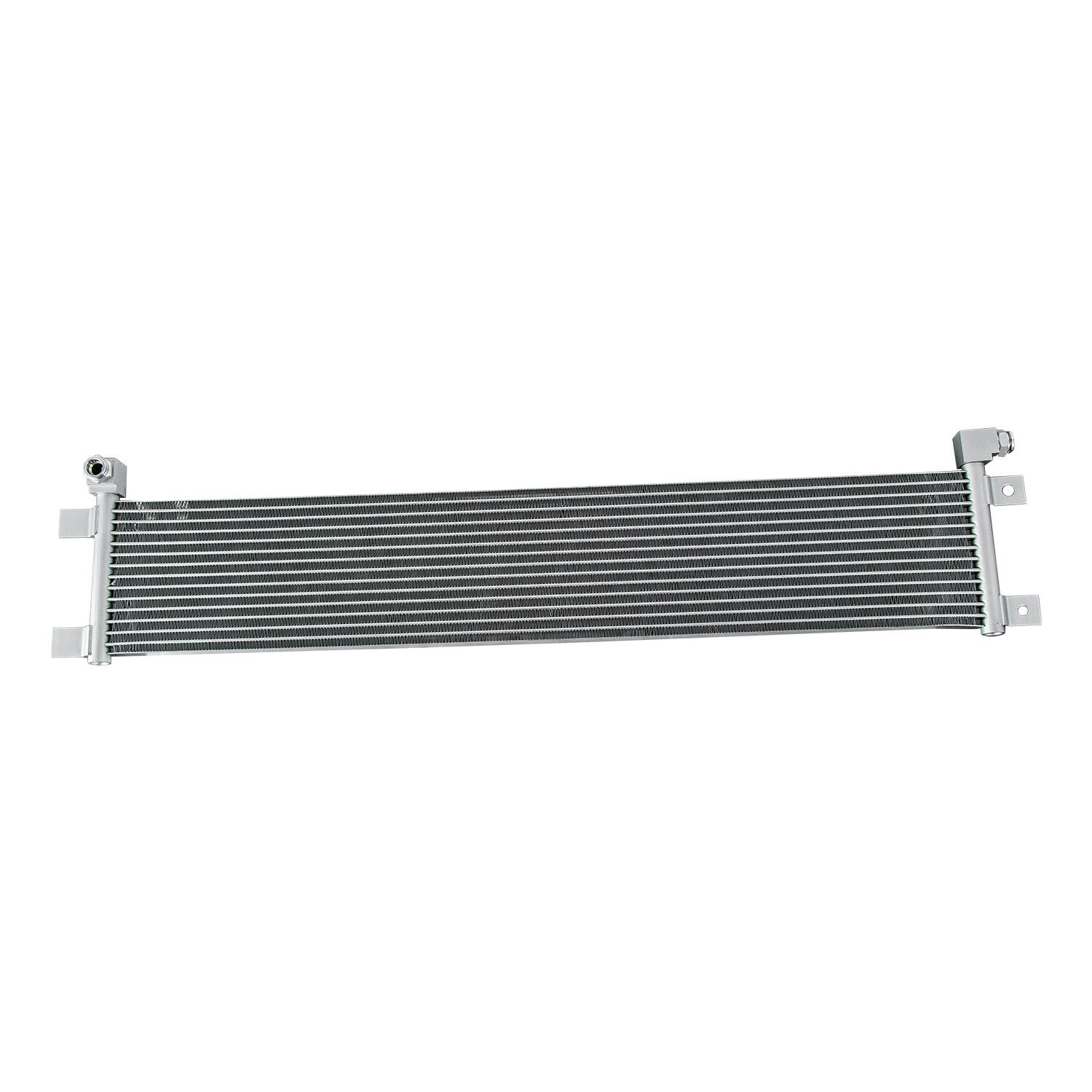তেল কুলিং সিস্টেম
তেল চালিত শীতলকরণ পদ্ধতি হল তাপমান ব্যবস্থাপনার একটি উন্নত পদ্ধতি, যা তাপ স্থানান্তরের জন্য মূলত তেলকে ব্যবহার করে। এই ব্যবস্থা বিভিন্ন যান্ত্রিক ও শিল্প অ্যাপ্লিকেশনে আদর্শ কার্যক্রমের তাপমান বজায় রাখতে সক্ষম। এই ব্যবস্থা একটি বন্ধ লুপ চক্রের মাধ্যমে কাজ করে, যেখানে তেল ঘূর্ণন করে উপাদানগুলির মধ্য দিয়ে যায়, অতিরিক্ত তাপ শোষণ করে এবং তাপ বিনিময়কারীতে তা বিতরণ করে। মূল উপাদানগুলি তেল পাম্প, তাপ বিনিময়কারী, ফিল্টারিং সিস্টেম এবং তাপমাত্রা সেন্সর যা একত্রে কাজ করে তাপ দক্ষ ভাবে সরিয়ে ফেলতে নিশ্চিত করে। তেল চালিত শীতলকরণের বিশেষত্ব হল এর উন্নত তাপ চালকতা এবং ব্যাপক কার্যক্রমের পরিসীমার মধ্যে সমতুল্য তাপমান বজায় রাখার ক্ষমতা। এই ব্যবস্থা শিল্প যন্ত্রপাতি, বিদ্যুৎ উৎপাদন সরঞ্জাম এবং উচ্চ-অনুরণন ইঞ্জিনে ব্যাপকভাবে ব্যবহৃত হয়, যেখানে তাপমান নিয়ন্ত্রণ গুরুত্বপূর্ণ। আধুনিক তেল চালিত শীতলকরণ সমাধানে যৌক্তিক নিরীক্ষণ ব্যবস্থা এক্সিডেন্ট তাপমাত্রা তথ্য এবং ব্যবস্থা কর্মক্ষমতা মেট্রিক প্রদান করে, যা প্রাক্তন রক্ষণাবেক্ষণ এবং আদর্শ কার্যক্রম সম্ভব করে। তেল চালিত শীতলকরণ ব্যবস্থার বহুমুখীতা বিশেষ শীতলকরণ প্রয়োজনের উপর ভিত্তি করে ব্যবস্থার ব্যবস্থাপনা করতে দেয়, যা শিল্প অ্যাপ্লিকেশনের জন্য উপযুক্ত যেখানে নির্দিষ্ট তাপমান নিয়ন্ত্রণ কার্যক্রমের দক্ষতা এবং যন্ত্রপাতির দীর্ঘ জীবন নিশ্চিত করে।

